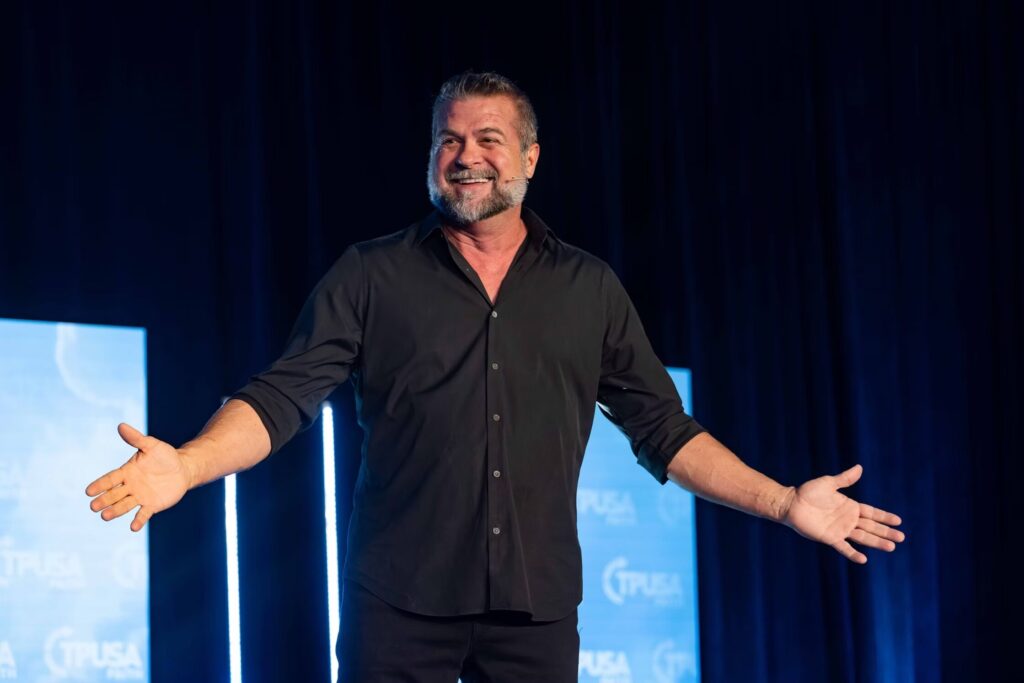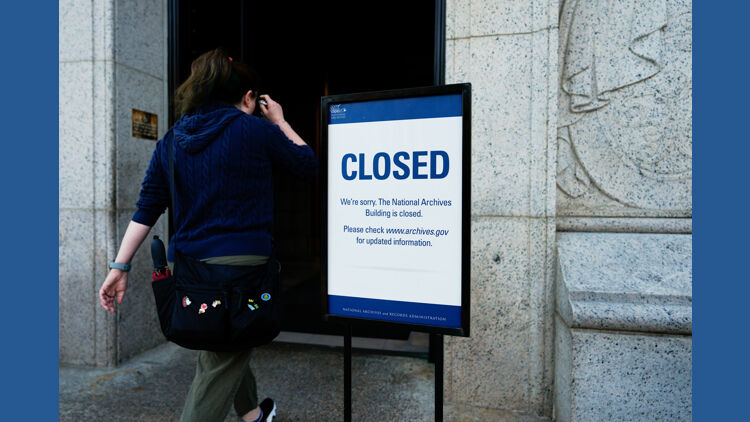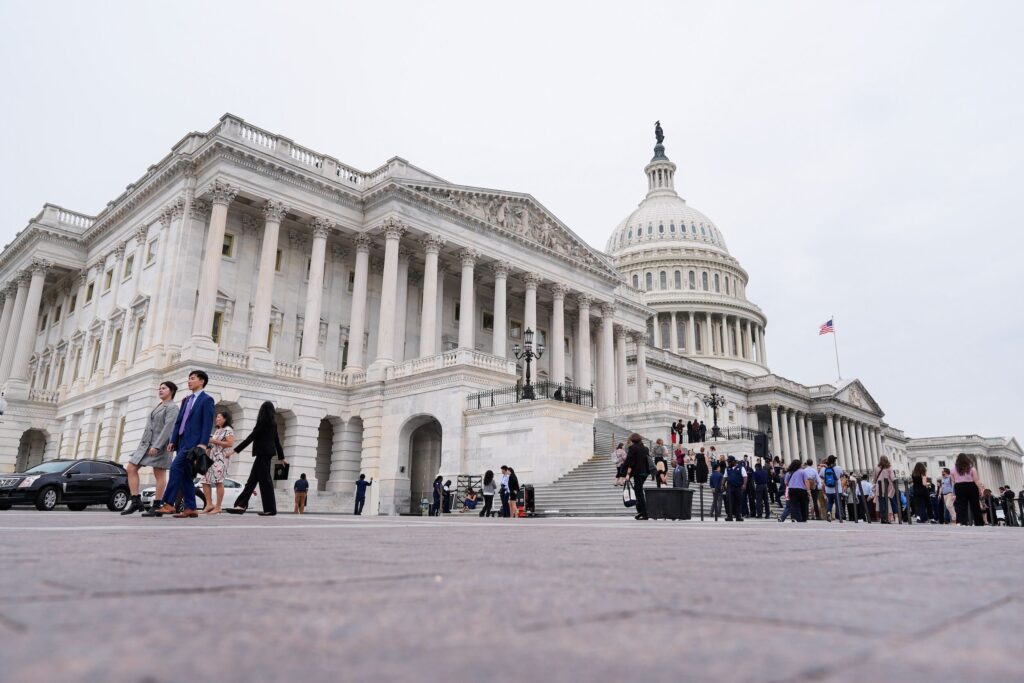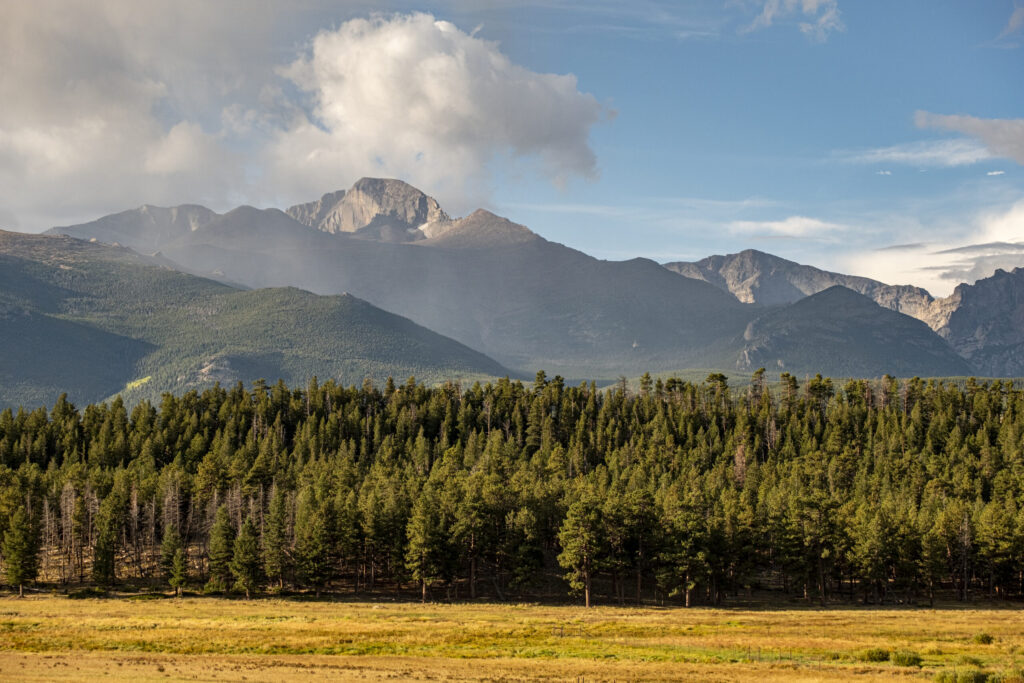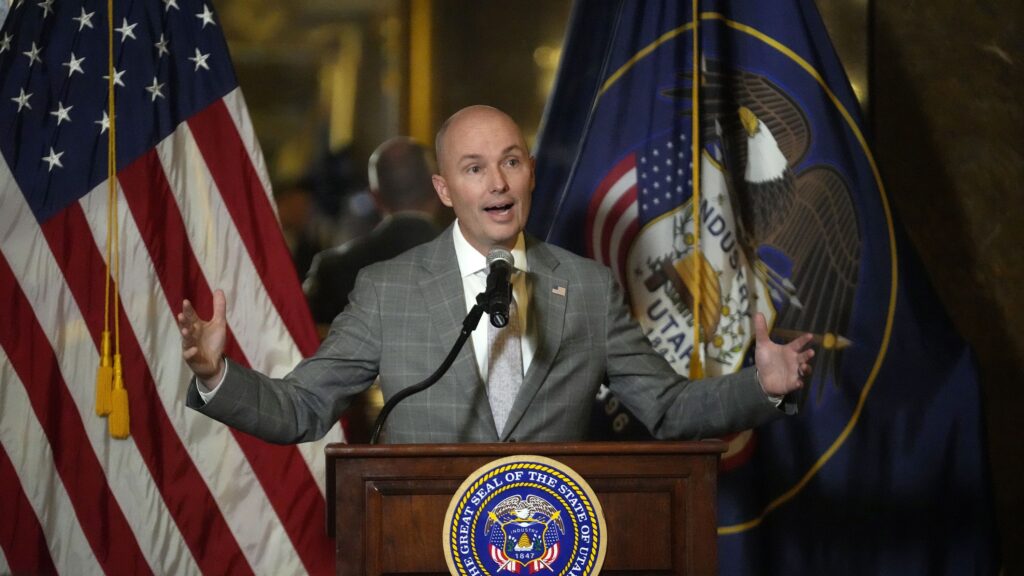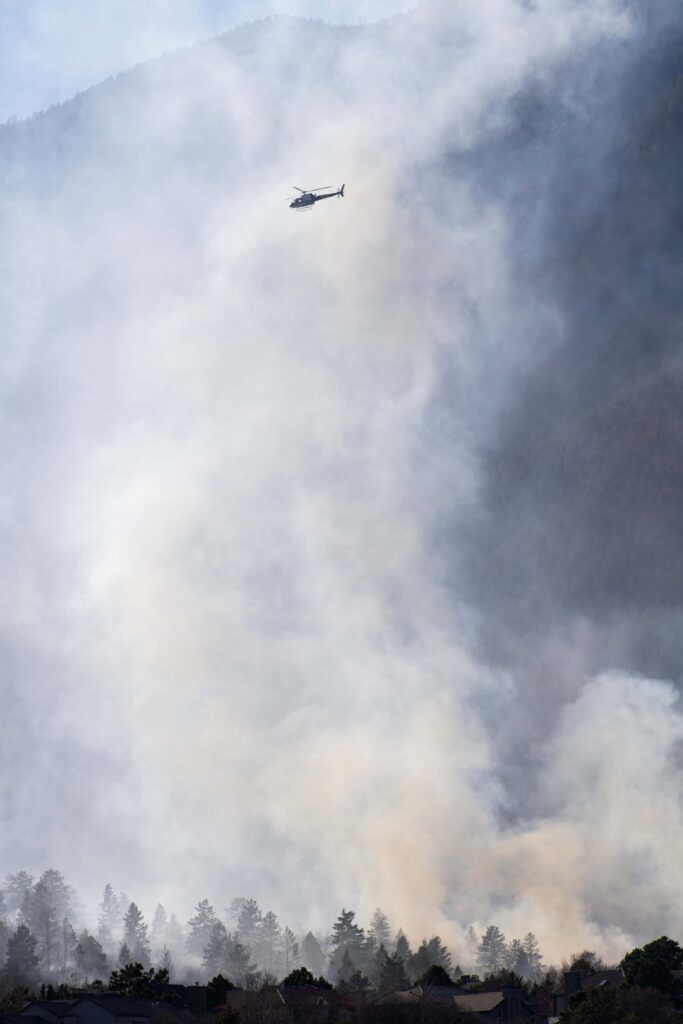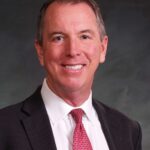Q&A with Jared Polis | Colorado governor on starting the 2024 session
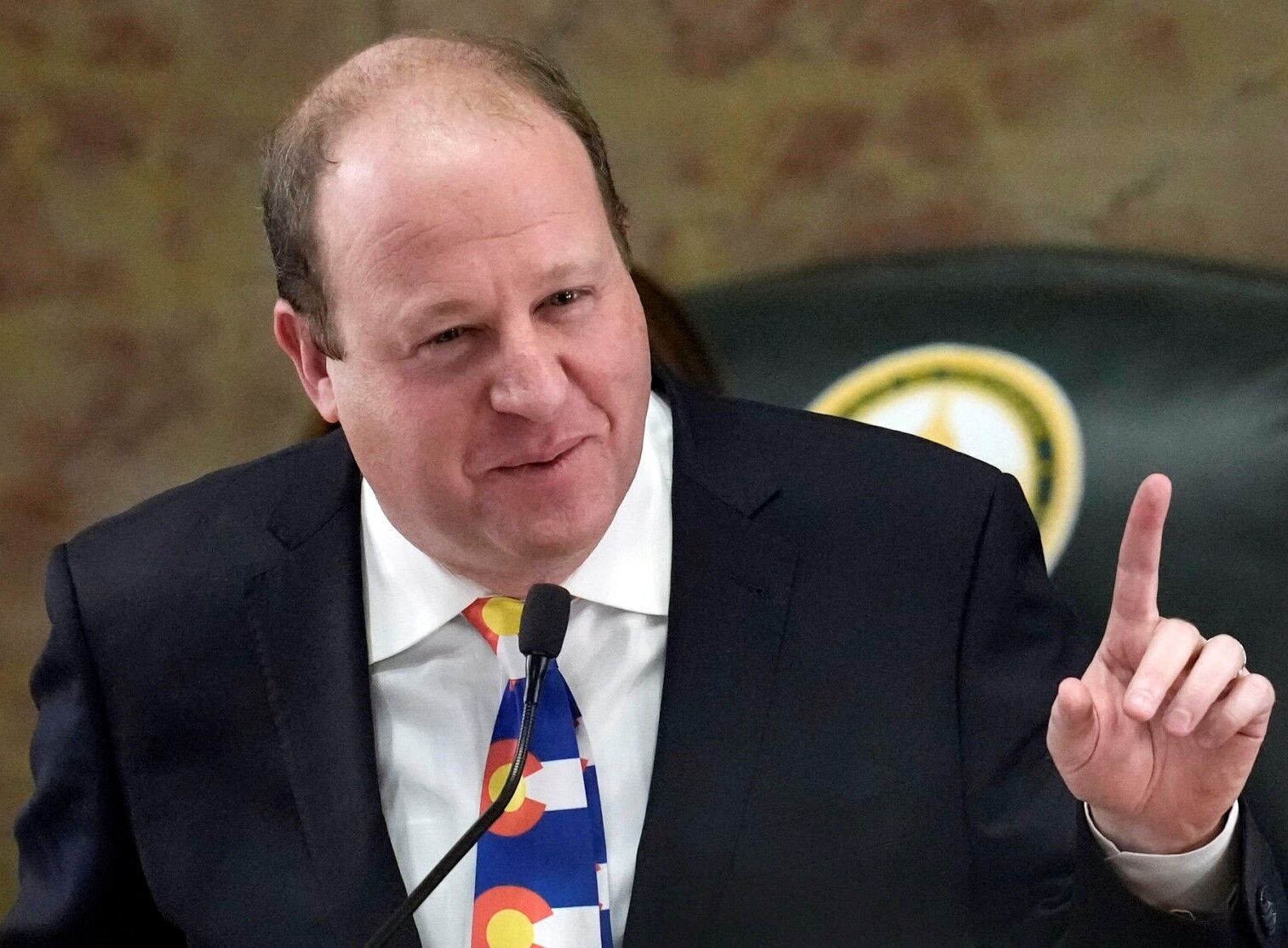
As he begins his sixth year in office, Gov. Jared Polis said he plans to emphasize affordable housing, public safety and education, building, he added, on what his administration already accomplished over the years.
The governor also noted the immigration crisis that Denver faces and said he is working with the White House and other governors to find common-sense – and long overdue – solutions.
Colorado Politics: What will the governor focus on for the 2024 legislative session?
Polis: Our priorities have always been driven by Coloradans and the challenges we are facing, and, after hearing from people around the state this last year, it’s clear that housing costs, transportation, public safety and cost of living continue to be top of mind for so many people. We’ve done a lot in the last five years to make progress and I look forward to building on that work in the coming months.
CP: Is the governor still planning on an omnibus-type land use bill, or will he seek legislation that breaks last year’s bill into smaller bites? Is he planning to set concrete goals for affordable housing?
Polis: 2023 was a big year in our work to build a Colorado future that is affordable and sustainable, with a high quality of life for all. I’m proud of the results we delivered for Colorado families on some of the biggest challenges our state faces, and I’m excited for the work ahead in 2024.
Reducing the cost of housing continues to be a top priority for Coloradans and I think there is wide consensus that action is needed to create more housing opportunities for people of all income levels. We took important steps during the last legislative session, eliminating growth bans, and we continue breaking down barriers at the state level to open the door for more housing.
Heading into this legislative session, we look forward to working with the General Assembly on common-sense solutions that are right for Colorado communities, and building on the work of the Strategic Growth Executive Order I signed last year to cut through red tape, as well as the Roadmap to Colorado’s Future: 2026, which lays out an important vision and guides our housing and transit work.
CP: On water, what does the governor plan to do about water, given that 2024 is the year when the federal government/Bureau of Reclamation intends to have a draft on the 2026 operating guidelines for the Colorado River by year’s end? What do you think about the drought task force recommendations?
Polis: Water is one of our most precious resources and our administration has made important strides to protect Colorado’s water resources for our communities, and our farmers and ranchers. This includes fighting to ensure Colorado gets our fair share in the Colorado River negotiations, implementation of the Colorado Water Plan, and the work of the Drought Task Force.
Many final recommendations of the Drought Task Force align with the ongoing work of the Colorado Water Plan, and we are excited to see the Drought Task Force support items like prioritizing forest health and wildfire-ready watersheds, increasing funding for the state’s turf removal program, and expanding tools to support environmental streamflows.
We’re also bringing in significant funding from the Infrastructure Investment and Jobs Act (IIJA), and the Inflation Reduction Act (IRA) to Colorado to strengthen drought resilience, bolster our communities on the front lines of climate change, and help leverage significant state funding.
The State, local governments, and Tribes have been awarded over $30 million for water conservation and watershed and ecosystem health projects. In addition, federal agencies have announced over $260 million in direct federal spending on water infrastructure and watershed and ecosystem health projects in Colorado. Additionally, $500 million from the IRA has been set aside by the Bureau of Reclamation for drought relief in the Upper Colorado River Basin states of Colorado, Wyoming, Utah, and New Mexico.
CP: There’s a growing chorus of individuals and business leaders in the mountain communities that claim the Colorado Option is not the affordable choice they hoped it would be. What do you intend to do about that, given that the three-year window for lowering premiums ends this year?
Polis: The Colorado Option is saving people money and helping drive down insurance costs. Our administration continues to be laser focused on saving people money on health care and taking on special interests that continue to rip people off.
So, here are the facts. Colorado received a record $245 million dollars from the federal government to save people money on health care last year because of the Colorado Option and the Reinsurance Program. The Colorado Option actually reduced health care costs for consumers – something those special interests have historically said was impossible. The Colorado Option also was specifically designed to address health inequities impacting people of color in Colorado. This is why, in part, we anticipate that we will see a record number of people enroll in Colorado Option plans for the 2024 plan year.
CP: On the issue of public safety, the city of Denver could spend up to 10% of its annual budget dealing with the immigrant crisis. Is the governor planning to get involved on this?
Polis: We are focused on making Colorado one of the top 10 safest states in the nation, because every Coloradan deserves to feel safe in their communities.
We have called for temporary protected status for migrant workers and were pleased the White House heeded our call to allow more of the recent arrivals to work legally and earn their keep. I’ve been working with the White House and other governors through the National Governors Association on common-sense solutions to immigration, and it is long overdue for Congress to step up and secure the border.
The state has provided support to Denver for sheltering operations and wraparound services and the JBC approved a budget supplemental to continue helping nonprofits find housing for new arrivals. Whatever is done locally, this is a federal issue and needs a national solution.







